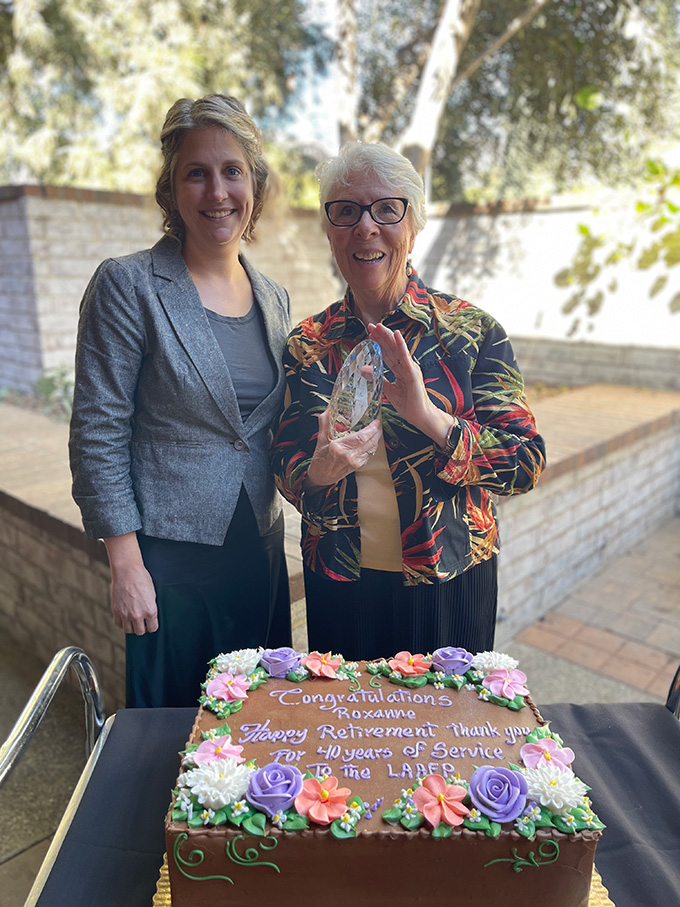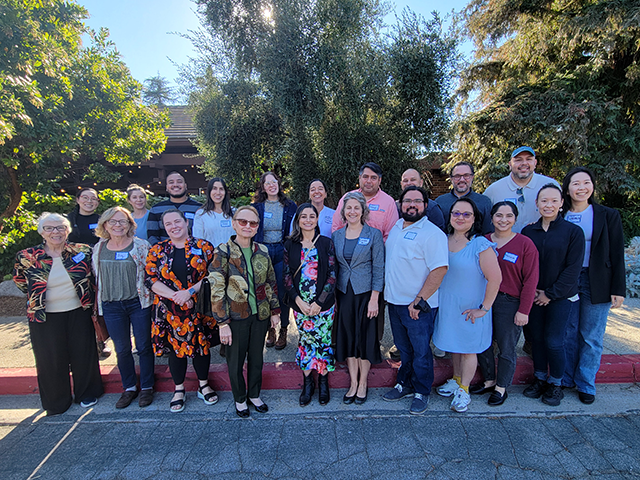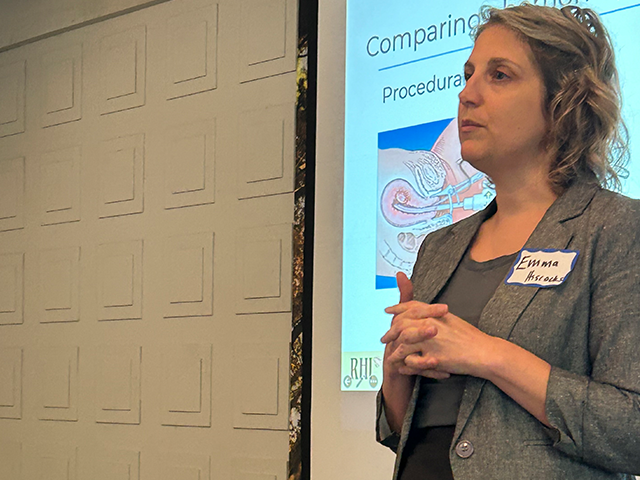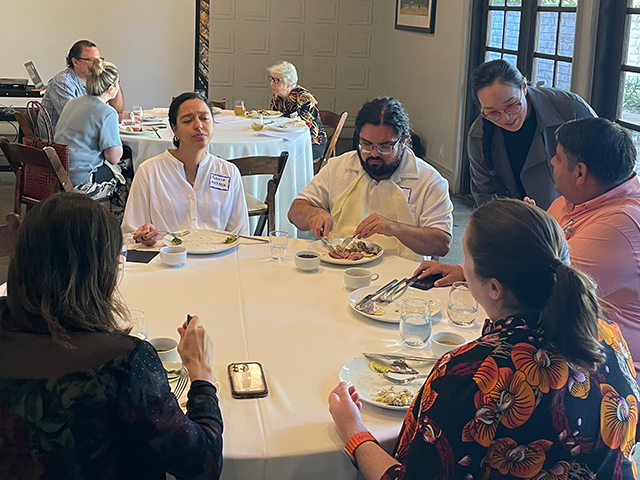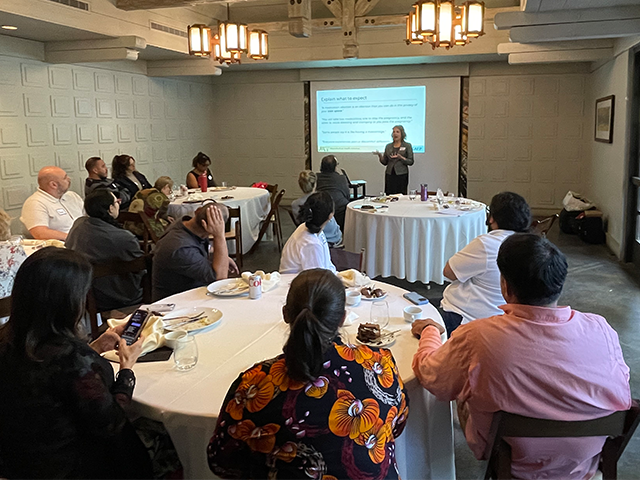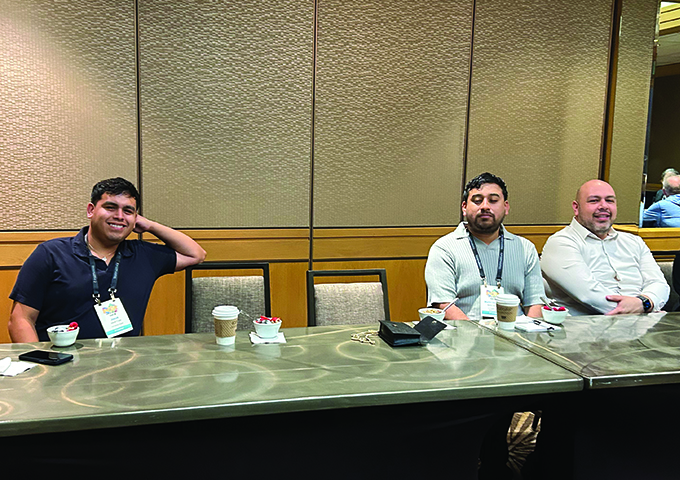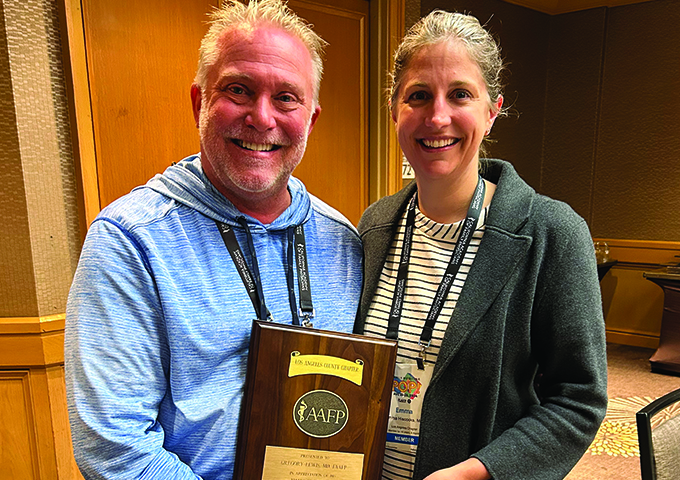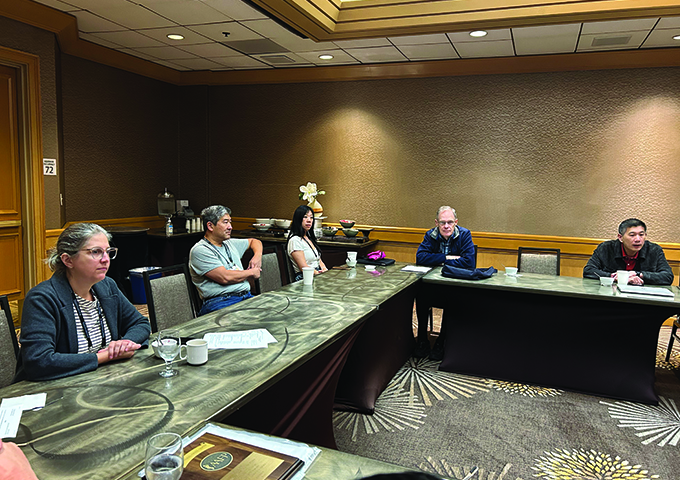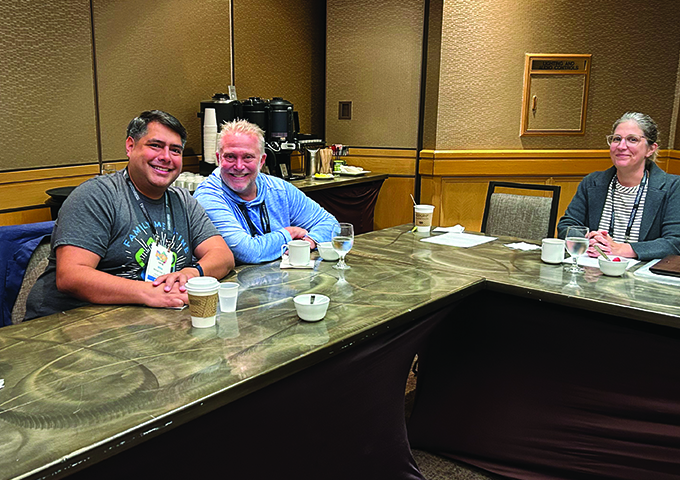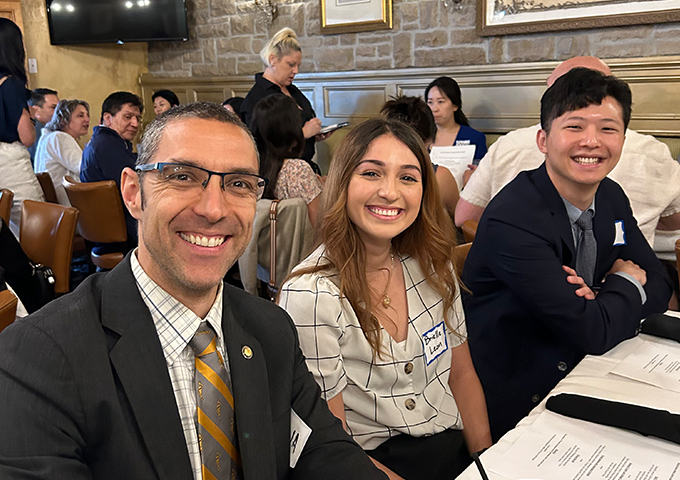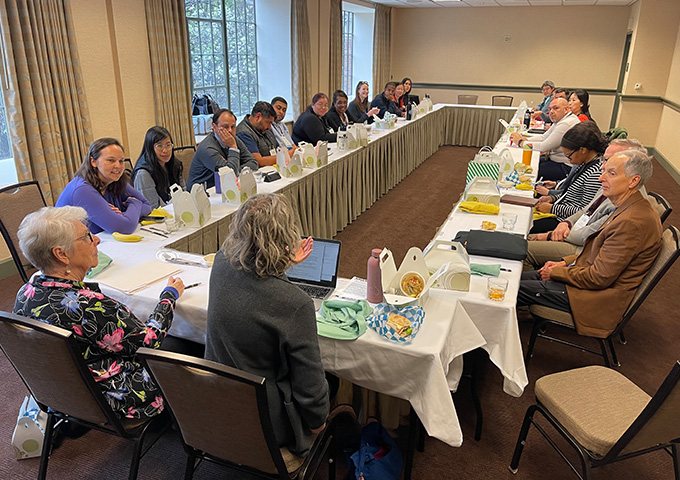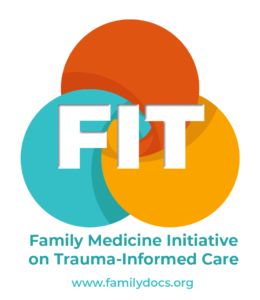
Arpil 2019
After significant pushback by the physician community, including family physicians who organized action using CAFP’s members-only message board (SPARK), AB 149 (Cooper) was introduced to delay a provision in a recently passed law (AB 1753) that would force physicians to replace all of their prescription pads. AB 1753 required that all prescription forms for controlled substances include a uniquely serialized number, but did not include a transition period to allow time for prescribers to order new prescription pads. This meant that their old prescription forms were not valid on January 1, which resulted in difficulties for patients trying to get prescriptions filled for controlled substances. AB 149 allows for a transition period, until January 1, 2021, before the new requirement begins, making current pads valid until that time. The Governor signed the bill this week and it takes effect immediately.
CAFP has sponsored AB 1622 to protect patient access by removing inappropriate constraints on the scope of practice of family physicians. Despite extensive and comprehensive training, many family physicians’ practices are restricted by misinformed outdated organizational policies, resulting in underutilization of family physicians, decreased access and patient choice, and disrupted continuity of care.
CalHealthCares is a new state loan repayment program to incentivize physicians to provide care to Medi-Cal beneficiaries, by repaying educational debt up to $300,000 in exchange for a 5-year service obligation with at least 30% Medi-Cal caseload. Application deadline is April 26.
Governor Newsom proposed State Budget includes incentive payments to physicians in Medi-Cal “for meeting specific measures aimed at improving care for certain high-cost or high-need populations.” These risk-based incentive payments are meant to improve behavioral health integration; chronic disease management; prenatal/post-partum care; and early childhood care. The program is funded with $180 million in Proposition 56 funds and will be implemented over a three-year period in the managed care delivery system. In response to this proposal, CAFP submitted comments urging the proposal be amended to reward process instead of outcomes, use appropriate timing and size of payments to affect change, and align incentive metrics with other risk-adjusted, value-based payment models.
DHCS has posted a recent webinar intended to clarify that Medi-Cal providers have increased flexibility to use telehealth as a modality for delivering medically necessary services, provide clarification and more detailed guidance regarding coverage and reimbursement requirements. DHCS expects to publish final telehealth policy in spring 2019. For questions or comments, please email Medi-Cal_Telehealth@dhcs.ca.gov.
DHCS has updated the Medi-Cal Provider Manual’s Preventive Services section on USPSTF Grade A and B recommendations, CDC vaccine recommendations, covered benefits and services up to age 21, and Early and Periodic Screening, Diagnostic, and Treatment (EPSDT) Services. See its new DHCS bulletin.
NOTE: Consulting the CURES database is now mandatory for prescribing or administering new Schedule II-IV controlled drugs, no more than 24 hours in advance, and at least once every 4 months if these drugs are continued. (See https://cures.doj.ca.gov.)

